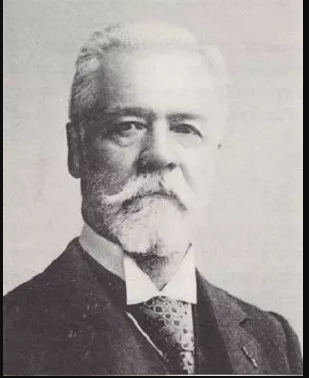
- Henry Fayol, a French engineer and management theorist, is one of the most influential figures in classical management theory.
- Henri Fayol’s Administrative Management Theory was developed in the early 20th century, specifically around 1916 when Fayol published his influential book “Administration Industrielle et Générale” (Industrial and General Administration).
- This book presented his ideas about management functions and principles, which later became a foundational part of management theory.
In this book, Henri Fayol outlined his management theory in two main sections:
-
The 14 Principles of Management: These principles provided general guidelines for how managers should conduct their work and organize their organizations.
-
The Five Functions of Management: These functions (planning, organizing, commanding, coordinating, and controlling) described the specific tasks that managers must perform to effectively run an organization.
While he did not specifically coin the term “operations management”, his principles laid the foundation for modern management practices, including operations management, by emphasizing how organizations should be structured and how work should be organized to achieve operational efficiency.